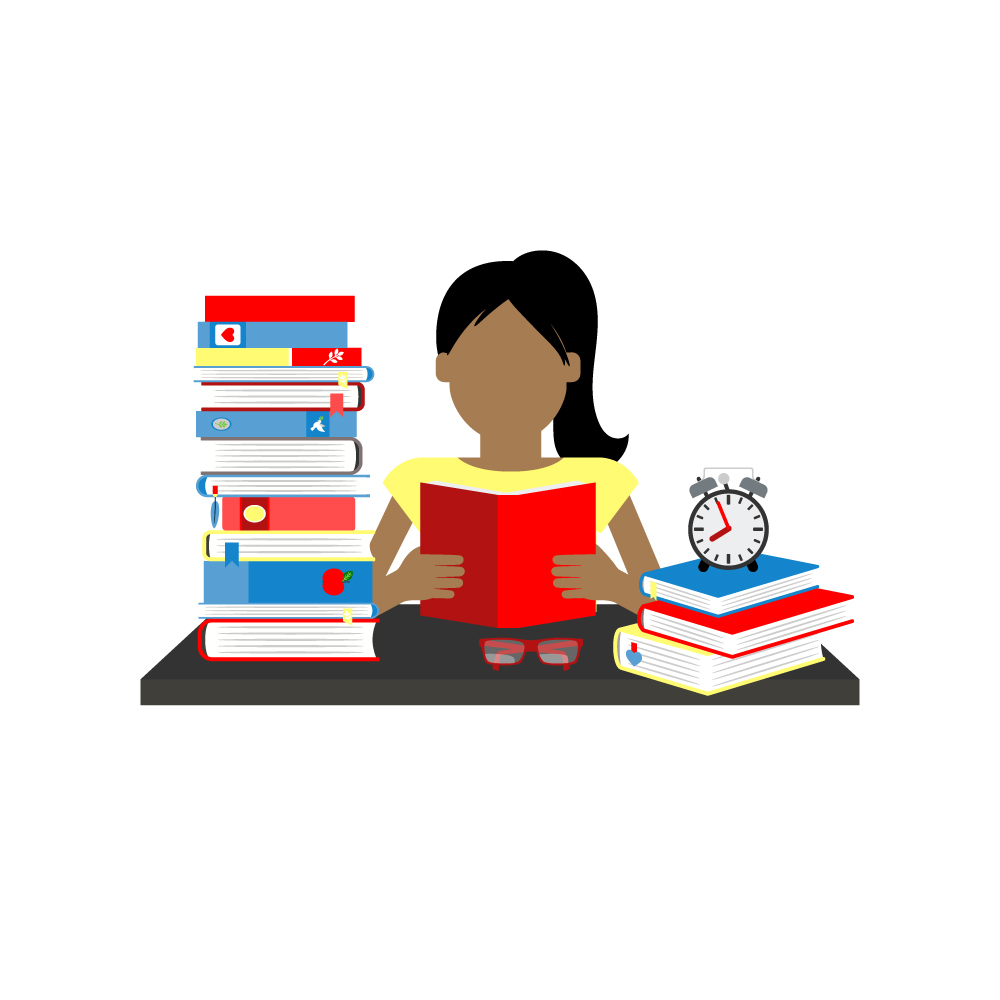I still yearn for my Summer of Reading. It was the summer after grade 8 — that awkward age when you are too young for a job, too old for some camps — and I had the now-longed-for luxury of time. I consumed a large number of books — some classics, some popular YA choices. I remember lying on my bed reading V.C. Andrews’s creepy Flowers in the Attic and afterwards racing to the store with my friend to get the second book in the trilogy to quench our thirst for more. Lounging in my screened-in porch, I dug into S.E. Hinton’s The Outsiders and devoured To Kill a Mockingbird while sitting under a tree. It was glorious.

Time to read
Recently, when recalling that care-free time of life, I realized that for most of my adult life I have been reading on a deadline. Many years spent in university and graduate school left little time for reading beyond assigned texts and research material. In fact, when I finished my doctorate, my brother’s gift to me was a paperback of E.M. Forster’s Where Angels Fear to Tread. Implying a distinction between required reading and reading for pleasure, his note said, “Now you will have time to read.”
I have been part of a book club for the past 17 years, and although the reading certainly is for pleasure, there is still the looming deadline of the monthly book-club meeting. Over the past nine years, I have developed my career as a professional editor, a job that allows me to read — happily! — for a living. But of course, such editorial work is deadline driven, based on clients’ needs and my own project management.
All of this makes me wonder: What does reading on a deadline mean for reading practices? Does it change how we read?
Mandatory reading?
A 2016 article in The Atlantic discusses the effects of mandatory reading logs on kids, in this age when recreational reading is on the decline, in competition with screen time. The results of the study examined? Reading logs diminished the children’s interest in reading.
As an adult, I have to say that regularly reading on a deadline has not diminished my thirst for recreational reading. After long hours spent editing and reading text, I still turn to my book at the end of the night for relaxation — for my time. I have to read for pleasure to make my day complete. More specifically, I have to read fiction to counter the nonfiction reading that I do all day long. Does this need go back to my unfettered recreational reading as a child? Although television certainly was a powerful lure and favourite activity for me back then, perhaps it did not vie with my leisure reading in the way that the pervasive and ubiquitous screens and other media do for the attention of today’s youth.
I don’t have complete answers yet to the questions posed above. But maybe the key is that reading on a deadline helps to make you an efficient reader. And reading on a deadline makes you read — which is always a good thing.
Then the time spent in reading what you want, when you want, for how long you want becomes that much more delicious.
What does reading on a deadline mean for you? Does it affect your reading habits?
___
The Editors’ Weekly is the official blog of Editors Canada. Contact us.
Discover more from The Editors' Weekly
Subscribe to get the latest posts sent to your email.
